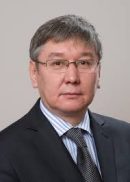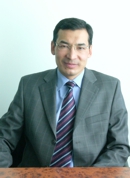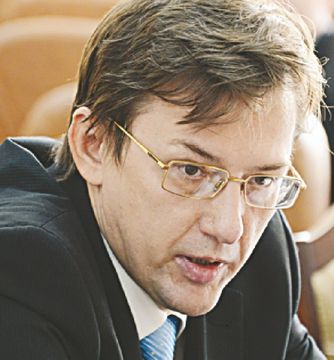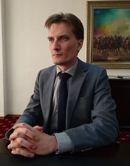A sharp change in the parameters of the global economy and foreign economic situation in 2015-2016 seriously actualized the need for an adequate response and the development of practical measures aimed to neutralize negative scenarios for developing countries, especially for those that are rich in natural resources. Thus, Saudi Arabia has announced “Saudi Arabia’s Vision 2030”, the ambitious plan of economic reforms, according to which the country will diversify its economy by 2030. Among the key measures – the rapid development of the private sector, improvement of the business environment and the state apparatus, the support of non-oil exports and the development of the National Investment Fund to about $1.9 trillion. At the same time, world practice indicates the absence of an example of the deep economic and structural changes in a relatively short period.




